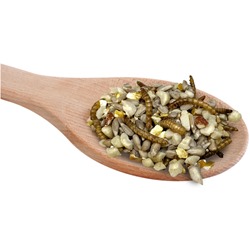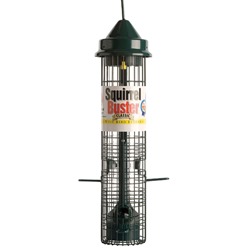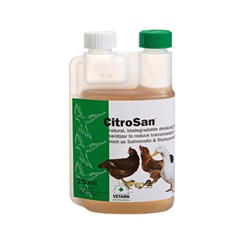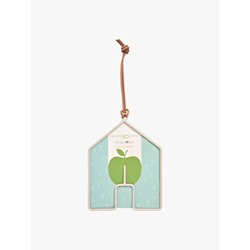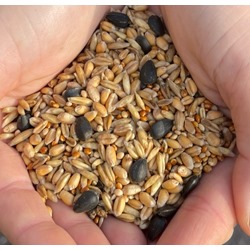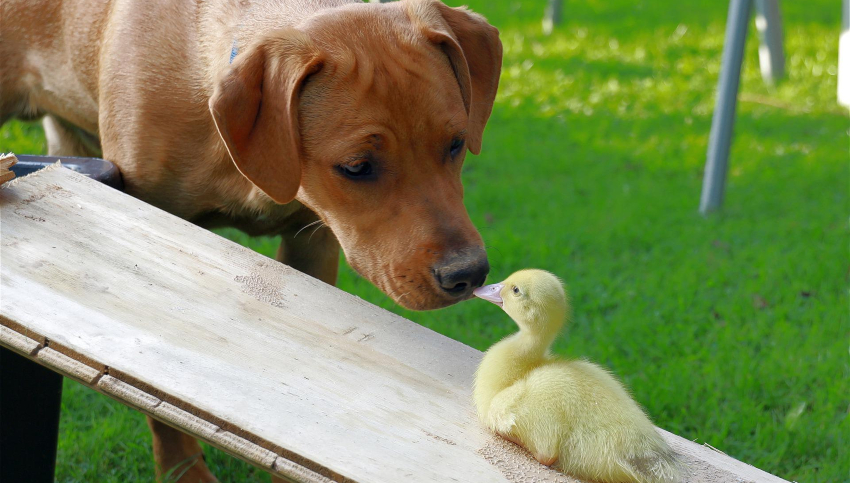
If there’s one thing that most dogs have in common, it’s a healthy appetite. Even after a perfectly sizeable meal, they’re still eyeing up whatever you’ve got in your hands, and it sure looks really yummy.
If given the opportunity, some dogs will gobble up anything they can get their paws on, from your breakfast right off your plate to bird seed that has fallen from your bird feeder.
If you’ve found your way to this blog, your own pooch has probably helped themselves to some bird feed, and you’re looking for information as to whether or not you should be worried. So, is bird seed bad for dogs?
The answer depends on a lot of factors. If a small amount of fresh bird feed is consumed, it can be relatively harmless. Fresh bird seed consumed in small amounts isn’t usually harmful; it can be easily digested and pass through your dog's digestive system. It goes without saying, however, that if your dog has consumed a large quantity bird seed (black sunflowers and sunflower hearts can be a particular favourite for over-indulgence) your dog may display signs of abdominal discomfort, such as vomiting or a bloated stomach, or in rare instances, show signs of a serious adverse reaction. In the latter instance, seek veterinary advice immediately.
When Can Bird Seed be Dangerous for Dogs?
Spoiled bird seed or birdseed that has been left out long enough to become damp and mouldy can become potentially dangerous for dogs. Dogs should not be allowed to eat any mouldy food, bird seed included. Mould contains toxic aflatoxins that can be dangerous to animals and humans alike.
Aflatoxin poisoning in dogs
Aflatoxins are toxins produced by the mould Aspergillus flavus that can grow on pet food ingredients such as corn, peanuts, and other grains. At high levels, aflatoxins can cause illness (aflatoxicosis), liver damage, and death in pets. The toxins are more likely to be present if food is mouldy, but it is also possible for toxins to be present even if there is no visible mould on the pet food. Peanuts are the main issue when it comes aflatoxicosis. All peanuts which are imported into the UK have ‘nil detectable aflatoxin’ status; however, if they become damp and are not replaced regularly, problems may arise.
If you think your dog may have consumed a small amount of mouldy bird seed, keep an eye out for gastro-intestinal symptoms which may include loss of appetite, vomiting, and diarrhoea. If your dog appears to be sluggish or you notice a yellow tint in the whites of their eyes, this may be a sign of jaundice and you should seek veterinary advice immediately.
Raisins
There are a wide variety of different bird seed mixes available on the market, including mixes that include raisins. Grapes and raisins have both been found to be highly toxic to dogs, although research hasn’t yet been able to identify exactly which substance in the fruit causes this dangerous reaction.
While it doesn’t seem that all dogs are susceptible, you won’t know whether your dog is susceptible, so please don’t allow your dog to eat raisins left out for the blackbirds, or scraps of fruit cake or Christmas cake! If the dog does consume raisins, again we would encourage you to contact your vet immediately. It may be that your vet can give the dog an emetic which will make the dog vomit up any potentially dangerous ingredients.
To be safe, we recommend you use raisin free bird seed mixes such as Raisin Free Ground Blend from The Really Wild Bird Food Company.
Bird Droppings
If your dog is eating bird feed off the ground, it’s likely that there are also bird faeces present on the ground they’re eating from. If your dog is eating bird feed off the ground, it’s likely that there are also bird faeces present on the ground they’re eating from. There are a number of harmful bacteria found in bird faeces that can be passed on to your dog, such as salmonella, campylobacter, and a variety of enterococci. It is best for your dog’s health if it isn’t allowed to clear up large quantities of bird droppings.
Quantity
As mentioned previously, a small amount (roughly a handful) of fresh bird seed, peanuts, or suet is unlikely to be harmful to your dog. However, if a more substantial quantity is consumed you may face some issues, primarily gastrointestinal upsets with vomiting, diarrhoea and bloating. If huge amounts of seed, peanuts, or fat have been eaten, there is a potential for gastrointestinal obstruction or intussusception (part of the gut telescoping inside another part of the gut) obstruction. In severe cases, your dog might require a trip to a vet to remove the blockage. If signs of discomfort appear, we would recommend taking the dog to the vet who can monitor the situation and treat with the appropriate drugs.
How can I stop my dog eating bird food?
The first (and most obvious) step to take is to start using more dog-friendly bird feeders. If you were using ground feeders or ground feeding techniques (such as scattering bird feed on the grass), you will likely benefit from using alternative bird feeders. It is also really important to keep bird feeders and feeding areas clean - close attention should be paid to feeder hygiene on a regular basis, using disinfectants and frequent cleaning.
Using tall bird feeders such as Bird Feeding Tables are a great way to keep your bird feed out of reach of your dog. If you’re looking for a dog-friendly bird feeding table, why not check out the range available from Really Wild Bird Food?
Bird Feeding Tables
Another method you can use to stop your dog eating bird seed is to make any seed spillages harder to reach. For example, you could strategically place your bird feeders over a flower bed to make it more difficult for your pooch to hoover the scattered seeds off the ground. Swapping from seeds which land on the ground to foods such as peanuts which can be fed in a wire mesh feeder, and fat products which won’t land on the ground can also help with reducing spillages.
Using seed trays with hanging seed feeders will also prevent a large percentage of the seed from landing on the ground, which will also help. If you feed fat products such as fat balls or fat blocks, check to see that the balls/blocks haven’t fallen out of the feeders and sitting in large lumps on the ground. Excessive ingestion of fat can be a very unpleasant experience when it comes to pass!
If your dog has a habit of sticking their nose in the bird seed bag, you may even benefit from upgrading your bird feed storage solution. If you’re looking for a new bird seed storage solution, check out the range of bird food tins available from Really Wild Bird Food.
Bird Food Storage
Read More: Raisin Free Bird Feed for Pet Owners
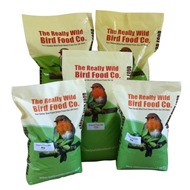
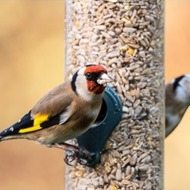 Back
Back Bird Feeders
Bird Feeders  Seed Feeders
Seed Feeders Peanut Feeders
Peanut Feeders Peanut Butter Feeders
Peanut Butter Feeders Suet & Fat Feeders
Suet & Fat Feeders Window Feeders
Window Feeders Hanging Feeders
Hanging Feeders Feeding Stations
Feeding Stations Ground Feeders
Ground Feeders Easy Clean Feeders
Easy Clean Feeders Bird Tables
Bird Tables Seed Trays
Seed Trays Bird Baths & Drinkers
Bird Baths & Drinkers Feeder Accessories
Feeder Accessories Feeder Hygiene
Feeder Hygiene Squirrel Proof Bird Feeders
Squirrel Proof Bird Feeders For the Kids
For the Kids Niger Seed Feeders
Niger Seed Feeders Mealworm Feeders
Mealworm Feeders Bird Food Storage
Bird Food Storage Fat Ball Feeders
Fat Ball Feeders Tube Feeders
Tube Feeders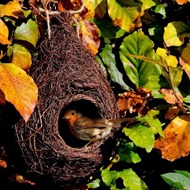

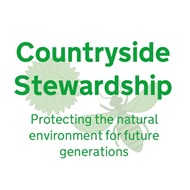

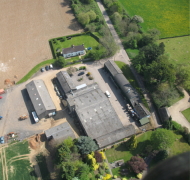 Our Farm
Our Farm Contact Us















